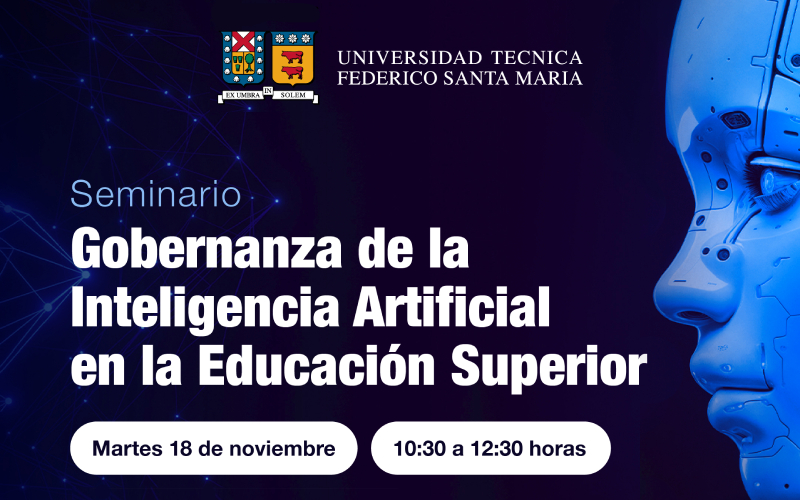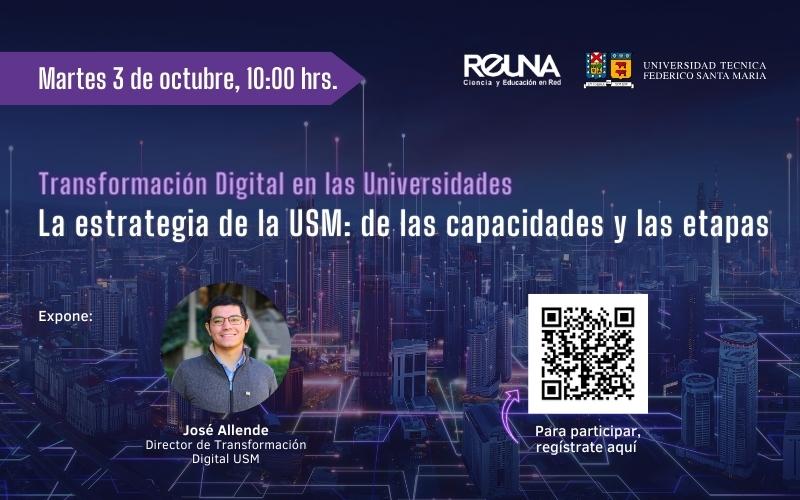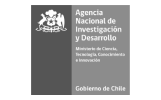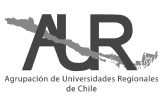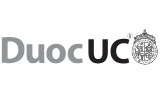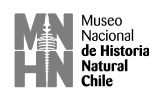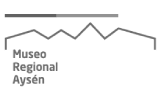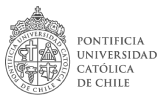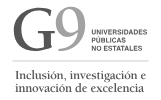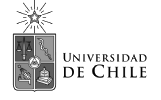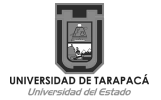As the scale, scope, and pervasiveness of data resources increase, so to do examples of radical new uses and new risks arising from use of data. As a result, researchers and practitioners are increasingly interested in understanding the challenges of data governance. However, much of the published work on data governance is atheoretical, focusing on general advocacy for the importance of data governance; rich description of specific cases; or empirically-derived descriptions of data governance goals. While this literature provides suggestive insights, it is fundamentally limited as a conceptual basis for research and practice. Drawing together a conceptualization of governance as n-steps removed shaping of action, the consequences of the materiality of data, and an assumption of bounded collective rationality, the Potential Uses Model of Data Governance seeks to provide a foundational model of data governance. In this model (and the associated formalism), data governance is described as an efforts to indirectly shape the outcomes of data use, promoting those that are desirable and hindering those that are undesirable. Examination of a basic formal model based on the Potential Uses Model of Data Governance highlights fundamental tensions that exist within in the simplest contexts and suggests potential avenues for empirical study, practical analysis, and additional theoretical work.
Brian Butler is Professor and Senior Associate Dean at the University of Maryland, College of Information Studies. His research focuses on developing theories and techniques that enable groups, communities, and organizations to harness the full potential of new technologies. His recent work examines the role of information institutions and infrastructures in community resilience; the structure of local information landscapes; and theoretical models of data governance. Butler’s research and community- building work have been funded by federal agencies, foundations and corporations that include National Institutes of Health, National Science Foundation, the U.S. Department of Agriculture, Microsoft Research, Yahoo! and Intel. His work has been published in MIS Quarterly, Organization Science, Information Systems Research, ACM Transactions on Computer-Human Interaction, The Journal of Medical Internet Research, and The Journal of the Association of Information Science and Technology.
Siga el streaming el martes 9 de abril, desde las 11:00 hrs.



